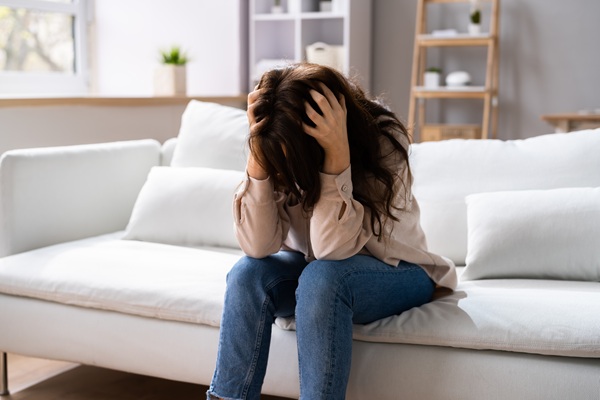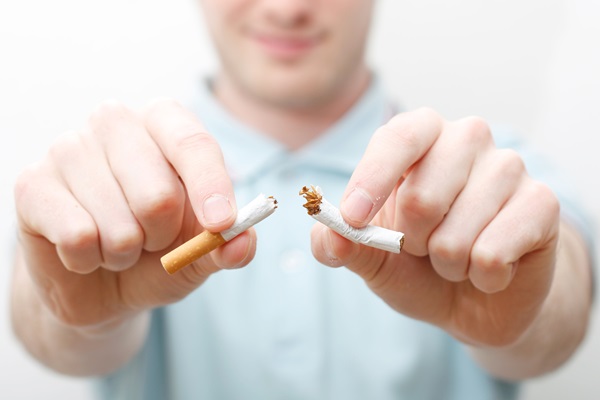Answers to Some Treatment FAQs from a Depression Psychiatrist

A depression psychiatrist is a healthcare professional who deals with depression. Many people suffer from this disorder. This type of condition must receive proper diagnosis and treatment. Failure to do so can result in self-harm or the inability to function. If you want to find out more about a depression psychiatrist’s work, here are some FAQs and their answers.
What are some symptoms and signs of depression?
A patient has depression when there is a loss of pleasure or interest. There is also a change in sleeping patterns and appetite. The patient is also restless, irritable, and anxious. Some patients may have suicide attempts or thoughts of suicide. The psychiatric doctor can determine if the patient has mild or severe depression.
What happens during the treatment of depression?
Depression is the most common condition. It can occur in anyone, young or old, male or female. A depression psychiatrist starts the treatment by approaching the patient with positivity and warmth. The doctor tries to make the patient comfortable during treatment. The patient will open up if the environment is comfortable and calm.
The doctor will perform a medical check first, which will rule out any other causes of depression. Some medications can cause depression. A thorough interview can provide the depression psychiatrist with enough information. Lab tests and a physical exam can support the data. Creating the treatment plan specific to the patient comes next. The application of the treatment plan follows.
A depression psychiatrist understands the approaches in psychotherapy and medication therapy. There are always new types of techniques in treating depression. The doctor will choose the right one for the patient. This will target the root cause of the depression. The doctor may use a combination of medications and psychotherapy. Sometimes, a depression psychiatrist may only use psychotherapy.
What lifestyle changes can treat depression?
A depression psychiatrist can recommend simple lifestyle changes to fight depression. Finding good social networks can prevent isolation. Communicating with friends and family can also prevent a person from being alone and feeling alone. Volunteering is also a good way to get help and help others.
Regular exercise is also effective in treating depression. It can be as potent as medication. Exercising releases serotonin and endorphins. It also triggers the growth of new nerve connections and brain cells. A workout does not need to be three to five hours every day. It can be 30-60 minutes each day.
Eating healthy foods is important for mental and physical health. It keeps a person’s energy up all day and mood swings in check. Reducing stress as much as possible is also important. Stress worsens depression. Finding ways to ease stress, like meditation, is a good way to fight this condition.
Sleep deprivation also affects mood. Inadequate sleep worsens depression symptoms. Fatigue, sadness, moodiness, and irritability become overwhelming. Less than seven hours of sleep can lead to these symptoms. Making sure there are seven to nine hours of sleep can improve depression symptoms and mood.
A depression psychiatrist has the knowledge, skills, and experience to treat depression
Depression is common. This condition may cause harm if the patient does not receive proper treatment. A depression psychiatrist can help a patient with depression or many disorders. An appointment with your depression psychiatrist can determine what your treatment should be.
Get more information about Hope TMS and Neuropsychiatric Center in New York at https://www.hopetmsofny.com.
Check out what others are saying about our services on Yelp: Depression Psychiatrist in New York, NY.
Recent Posts
Relationship obsessive-compulsive disorder (ROCD) is a distinct subtype of OCD that can cause persistent doubts and distressing thoughts about romantic relationships. OCD treatment can help individuals manage their intrusive thoughts and compulsive behaviors associated with ROCD. Understanding and having access to the available treatment options can help individuals regain control over their thoughts and the…
Smoking cessation is one of the best things a person can do for their health. Still, despite the ill health effects of smoking and the clear benefits of quitting, many people find it nearly impossible to quit on their own. If you are finding it hard to quit, gain insight into why you may be…
Transcranial magnetic stimulation (TMS) is a cutting-edge treatment that offers hope for people dealing with depression and anxiety, especially those who have not found relief with medication or therapy. TMS is a non-invasive procedure that uses magnetic fields to stimulate specific areas of the brain involved in mood regulation. This innovative approach is helping many…
Everyone experiences occasional anxiety, but an anxiety disorder involves persistent, excessive worry and physical symptoms that can disrupt daily routines, relationships, and overall well-being. If left untreated, these symptoms can intensify, impacting mental and physical health. Seeking help from a psychiatrist can be a significant first step toward effectively managing anxiety disorder symptoms and getting…


